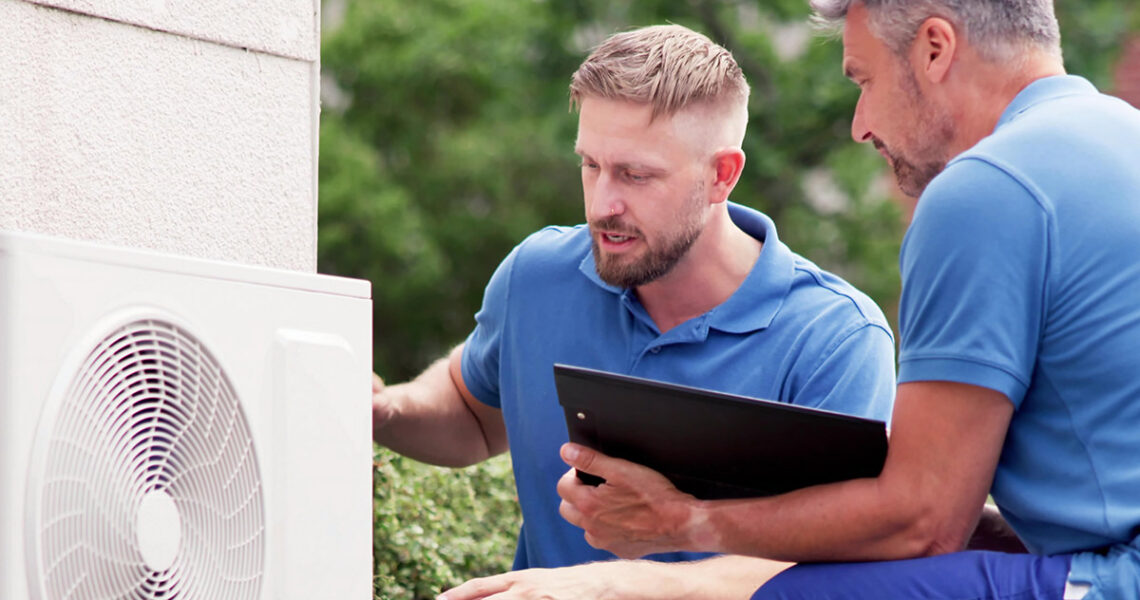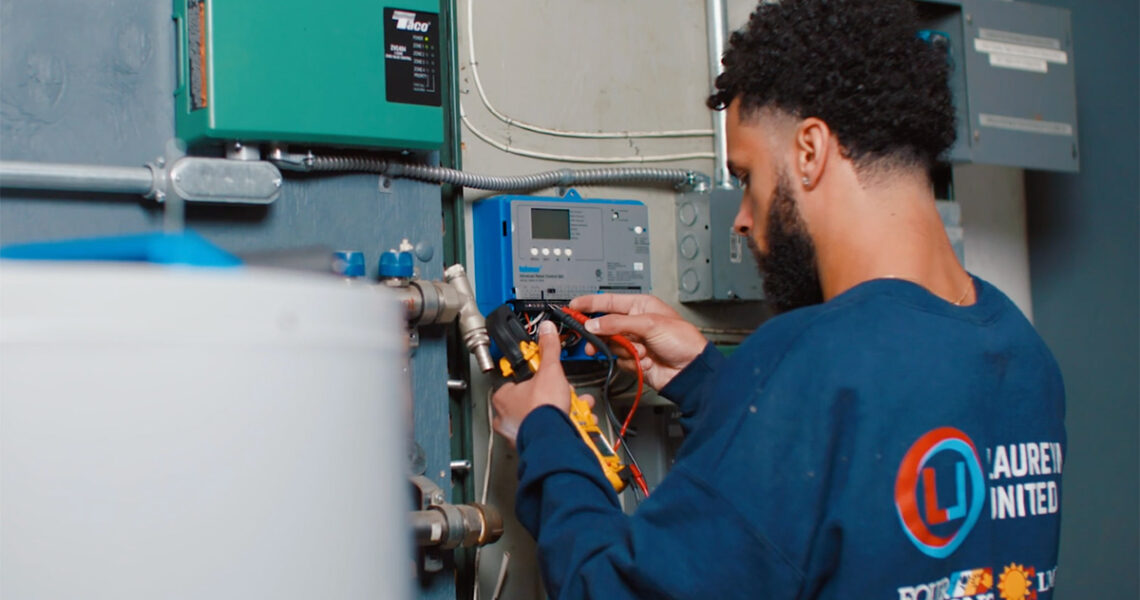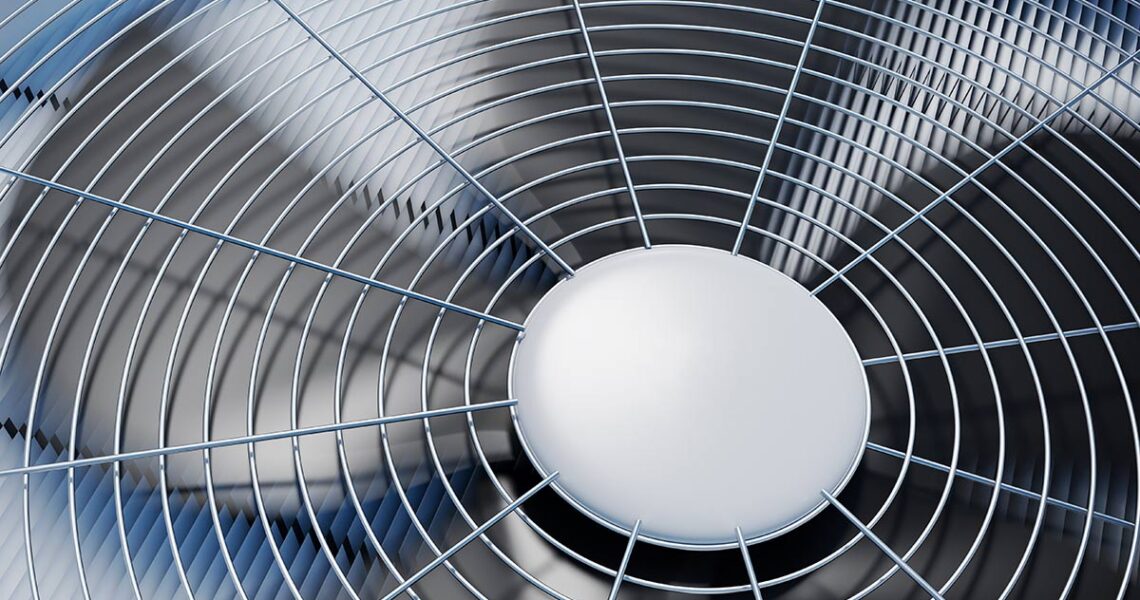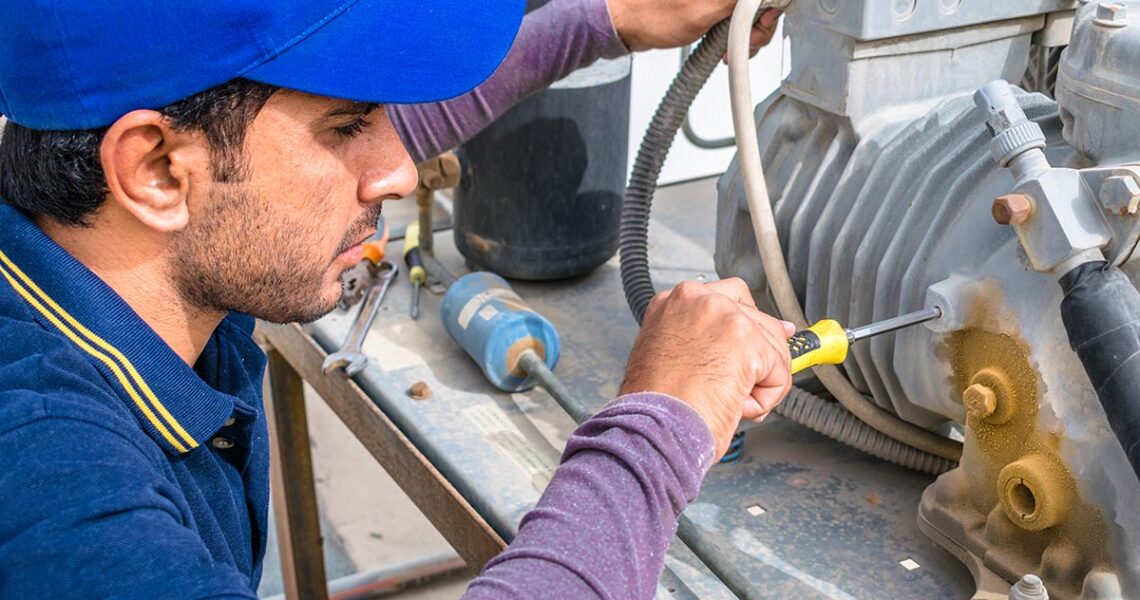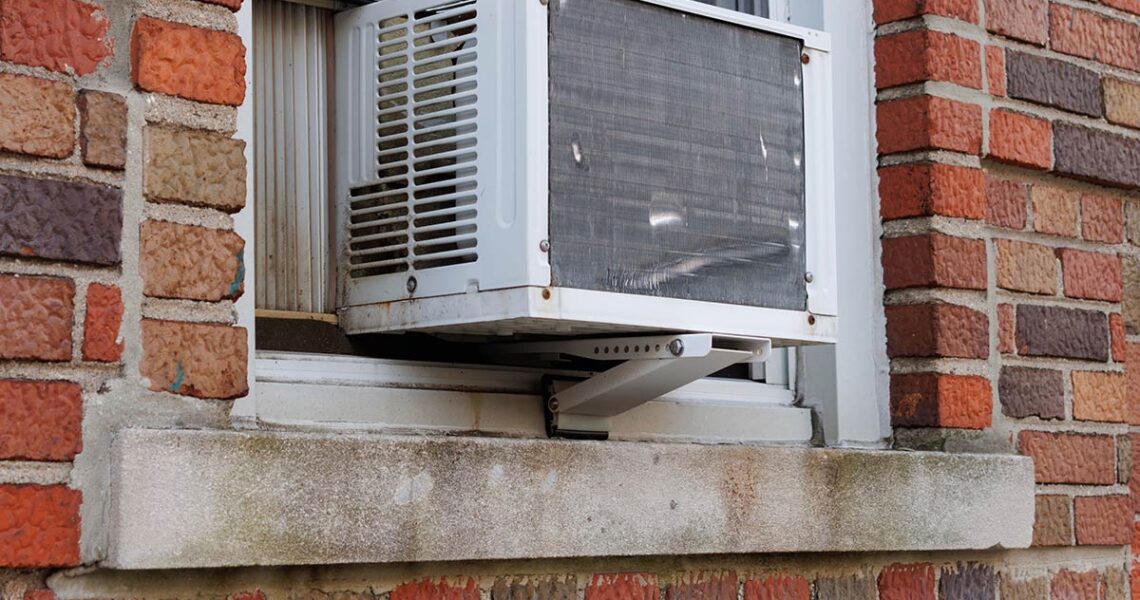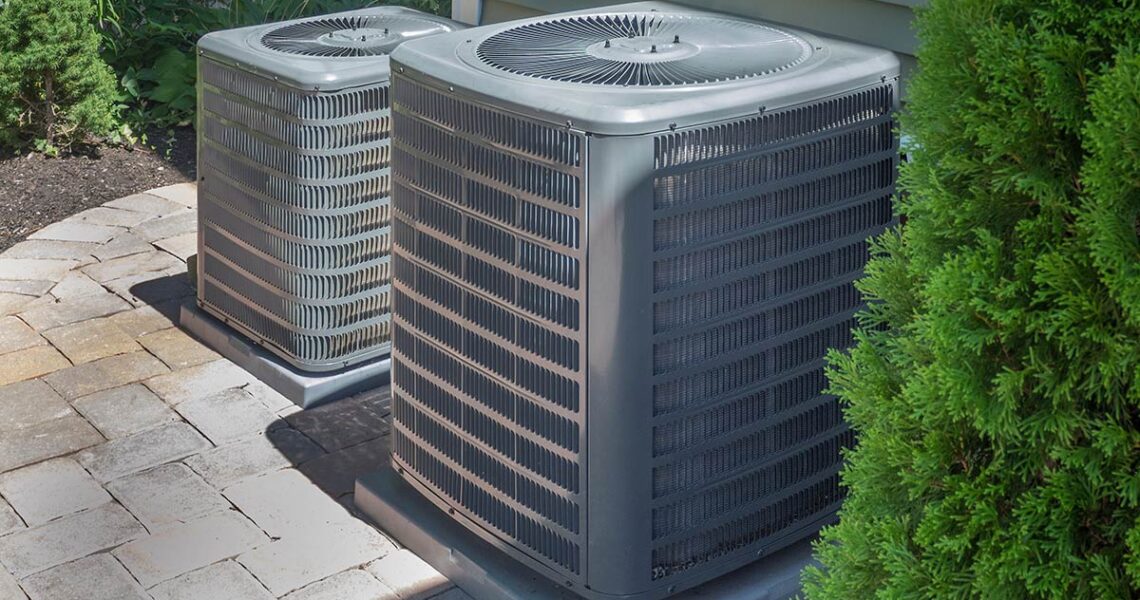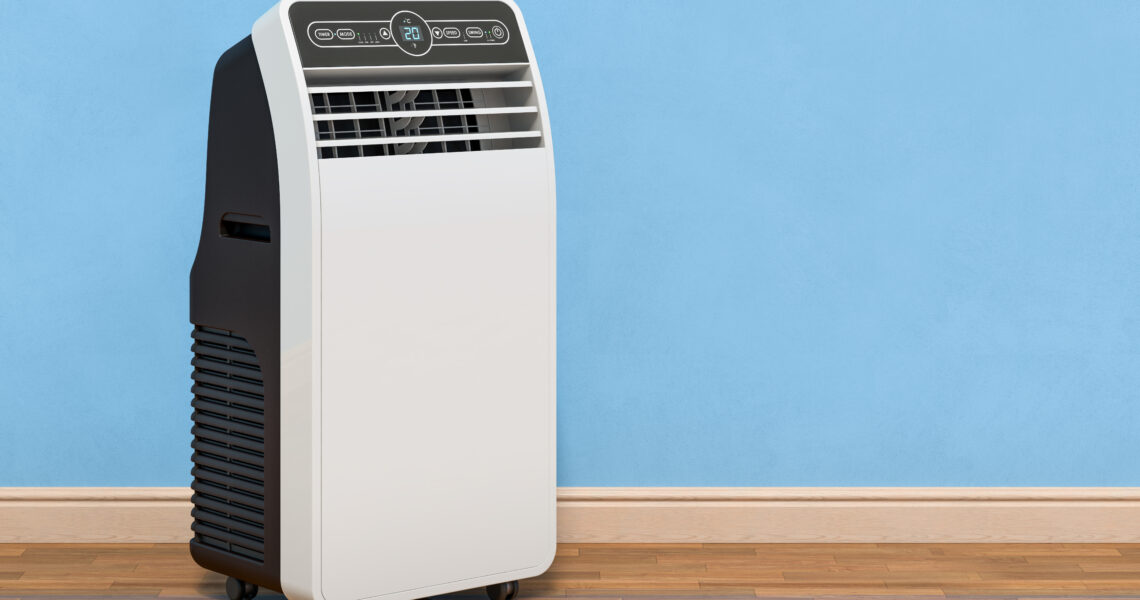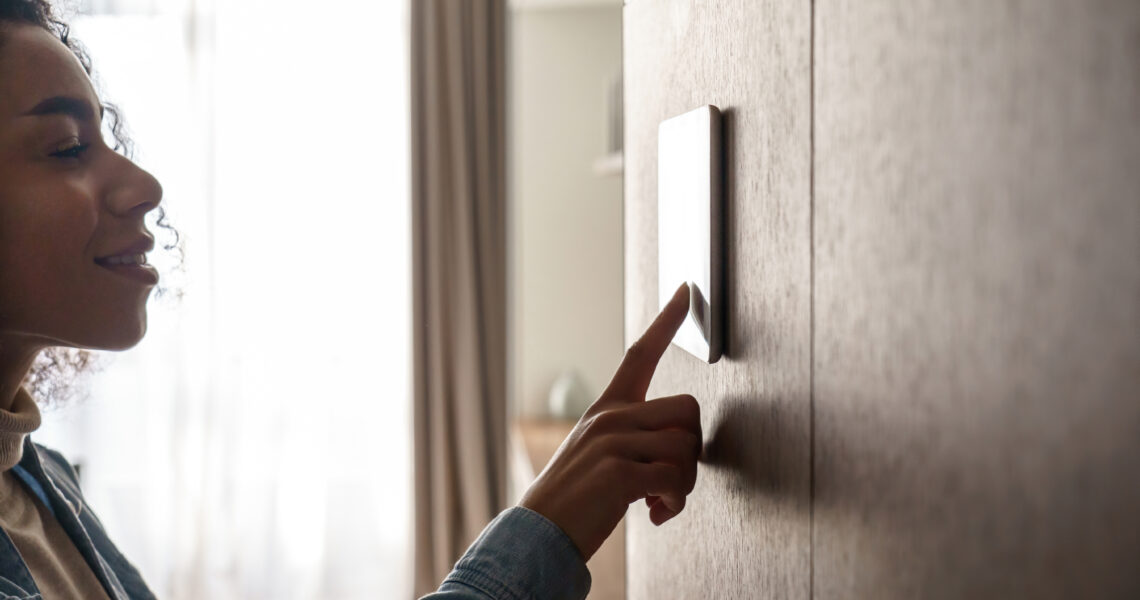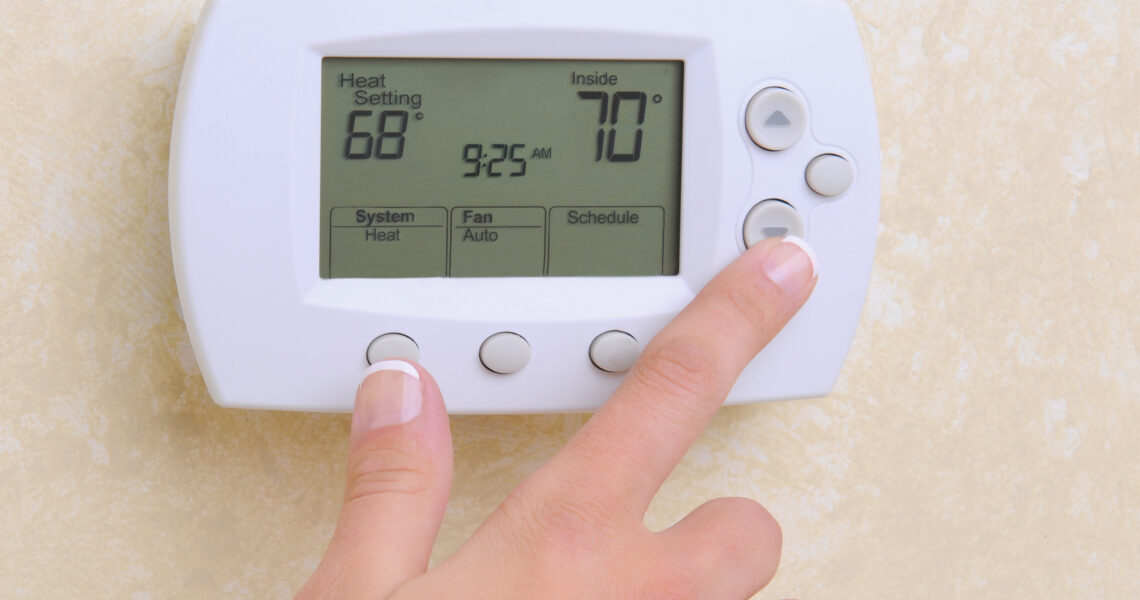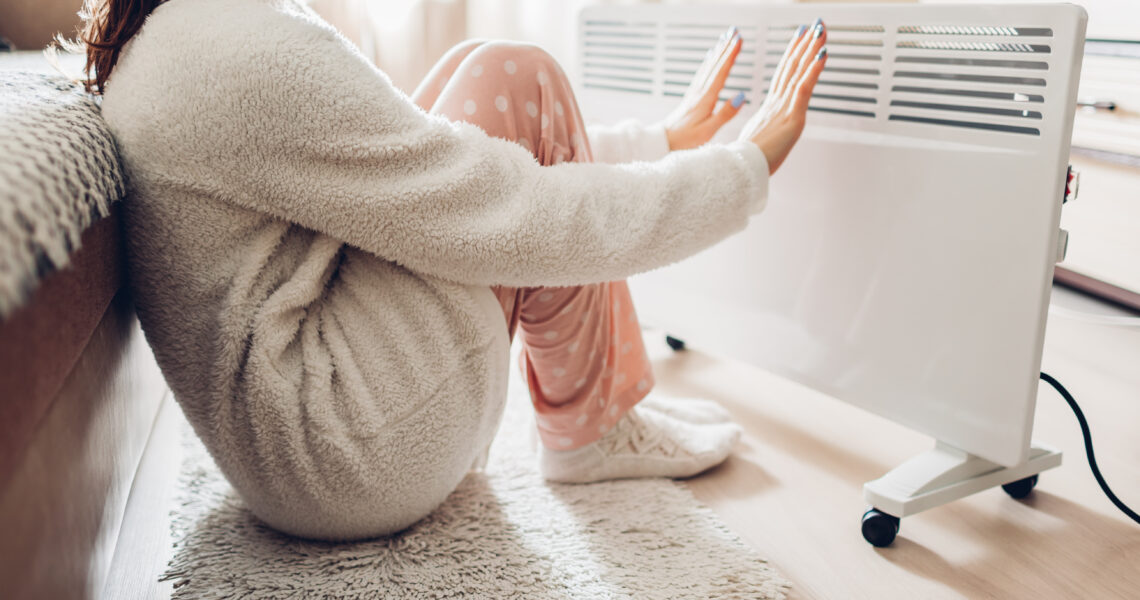How regular Residential HVAC Maintenance can help your home stay prepared for the Spring & Summer months
As the temperatures begin to rise and the days get longer, it’s essential to ensure that your home’s HVAC (Heating, Ventilation, and…
Selecting the right Residential Cooling Services company: What to look for when picking an Air Conditioning Service company
When it comes to keeping your home cool and comfortable, having a reliable air conditioning service company on speed dial is essential…
HVAC System Replacement: How to know when it is time to replace the HVAC System in your home?
Your home’s HVAC (Heating, Ventilation, and Air Conditioning) system is the unsung hero that keeps you comfortable year-round.
How much does it cost to replace a compressor in an air conditioner?
On a boiling summer day, the last thing you want is for your home’s air conditioning to malfunction. The fix could be an easy repair or it might require replacing the compressor – which is responsible for cooling off the air in your house. If it turns out that replacing this essential part of AC system has become necessary then most people immediately wonder: how much will my new AC compressor cost?
How to Clean Your Window AC Unit
When the weather heats up, trust your window air conditioner to keep you and your family chilled. But if it’s been a while since you serviced yours, now is an ideal time to show some TLC. Cleaning your AC on the regular not only ensures that it runs energy-efficiently but also combats mold growth which can have dangerous health effects. Keep cool all summer long by maintaining a clean unit!
What is the Average Life of a Central Air Conditioning System?
When scouting a new air conditioner or experiencing an issue with their current system, one of the more frequent inquiries homeowners pose is, “How long do AC units typically last?” While most HVAC companies strive to make their products dependable through thorough testing and optimization, this answer can be intricate.
How Do Portable Air Conditioners Work?
Freestanding portable air conditioners, equipped with casters or wheels and a vent to fit in nearby window frames, are the ideal solution for when you need to move your AC from room-to-room. Not only do they provide optimal comfort during hotter months by circulating airflow throughout the immediate area […]
Which Type Of Heating Is Most Efficient?
There are a lot of different types of heaters on the market these days. Some heaters are more efficient than others, and some are more expensive to run than others. So, which type of heater is most efficient?
How to Calculate Heating Efficiency
The average electricity prices from April 2020 were used to calculate these kWh (kilowatts per hour) costs for a standard rate. The rates for Economy 7 energy may differ, but this will give you an idea of which types of room heaters have the cheapest running costs.
The Cost of Running an Electric Heater
Electricity is typically charged per kWh, so the cost of running an electric heater will depend on how much electricity it uses. The following table shows the approximate cost of running different types of electric heaters for one hour.
Type of Heater Cost per Hour (kWh)
Infrared Heater 0.10
Oil-Filled Heater 0.15
Storage Heater 0.12
Ceramic Heater 0.13
As you can see from the table, infrared heaters are the most efficient type of heater, followed by storage heaters and ceramic heaters. Oil-filled heaters are the least efficient type of heater.
If you want to save money on your heating costs, then an infrared heater is the best type of heater to choose. An infrared heater will use less electricity than any other type of heater, and so it will be cheaper to run. Not only that, but an infrared heater will also provide you with a more efficient form of heat.
If you are looking for an electric heater that is cheap to run and provides a good level of efficiency, then an infrared heater is the best option. You can find infrared heaters for a reasonable price, and they will save you money on your heating bills.
Infrared Heaters
Infrared heaters are the most efficient type of heater available. They use very little electricity to generate heat, and they provide a lot of heat for their size. Infrared heaters are also very safe to use, as they do not emit any harmful radiation.
Oil-Filled Heaters
Oil-filled heaters are another type of heater that is very efficient. They use oil to generate heat, which means that they do not need to use as much electricity as other types of heaters. Oil-filled heaters also have the advantage of being very safe to use, as they do not emit any harmful radiation.
Storage Heaters
Storage heaters are a type of heater that is designed to save energy. They work by storing energy during off-peak hours, and then releasing it during the day when it is needed. This means that storage heaters can save you money on your electricity bill.
Ceramic Heaters
Ceramic heaters are another type of efficient heater. They work by using ceramic plates to generate heat. Ceramic heaters are more expensive to buy than other types of heaters, but they are very efficient and can save you money in the long run.
Are you in need of heating services or climate assistance?
Call Laureyns United today to get an estimate on heating installation, heating services and maintenance, and anything else that might engage with your home or business climate control system.
What should you set your thermostat at in the winter?
If you’re wondering what temperature is best during the winter, you’re not alone. You want to be comfortable, but also use an efficient temperature that doesn’t potentially increase your energy costs. The best thermostat setting for winter is 68 degrees Fahrenheit when you’re at home. Energy.gov also suggests lowering your thermostat or turning it off entirely when you are away in the winter. Programmable thermostats can help make monitoring your home’s temperature while you’re away easy. The thermostat can be set to start heating shortly before you arrive home, so it’s the ideal temperature when you walk in the door.
In addition to saving money on your energy bill, there are other benefits to using a lower thermostat setting in the winter. A lower temperature can help reduce humidity, which can help prevent mold and mildew from forming. It can also help reduce static electricity, which can be a nuisance in the winter months. So if you’re looking to save money and create a more comfortable environment in your home, consider lowering your thermostat this winter.
What temperature should you keep your house at?
If you’re gone for more than four hours, your home’s temperature can be set even lower or higher to reduce energy waste. But according to the U.S. Department of Energy, you shouldn’t set your thermostat lower than 55 degrees Fahrenheit or higher than 85 degrees Fahrenheit when you’re away from home for an extended period of time. Doing so could put your home at risk for freezing pipes or overheating, which can lead to serious damage.
When it comes to setting your thermostat, there are a few things to keep in mind. First, consider the type of heating and cooling system you have. If you have a heat pump, ENERGYSTAR recommends setting your thermostat to 68 degrees Fahrenheit in the winter. If you have a furnace, they recommend setting it to 70 degrees Fahrenheit.
Second, think about the temperature you’re comfortable with. If 68 degrees is too cold for you, don’t be afraid to turn the thermostat up a few degrees. The most important thing is to find a temperature that’s comfortable for you while also being energy efficient.
And lastly, if you have a programmable thermostat, take advantage of it! You can set your thermostat to lower automatically when you’re away from home or asleep and raise it again shortly before you wake up or come home. This way, you don’t have to worry about manually adjusting the temperature all the time.
Bottom line:
The best thermostat setting for winter is 68 degrees Fahrenheit when you’re at home. Energy.gov also suggests lowering your thermostat or turning it off entirely when you are away in the winter. Programmable thermostats can help make monitoring your home’s temperature while you’re away easy. The thermostat can be set to start heating shortly before you arrive home, so it’s the ideal temperature when you walk in the door.
What is the best temperature for sleeping?
Did you know that the optimal temperature for sleeping in is usually between 60 and 67 degrees Fahrenheit? According to WebMD, this is because when we sleep, our body temperatures naturally drop. So if it’s too cold or hot in your bedroom, it can make falling asleep more difficult and disrupt restful REM sleep. However, keep in mind that everyone’s bodies are different so what feels comfortable during wakefulness might not be the same when trying to drift off at night. So experiment a little bit and find what temperature works best for you. And if you don’t have a programmable thermostat, consider investing in one so you can automatically adjust the temperature in your bedroom at night without having to get out of bed.
What is the best temperature for summer?
The best thermostat setting for summer is 78 degrees Fahrenheit when you’re at home. Energy.gov also suggests raising your thermostat or turning it off entirely when you are away in the summer. Programmable thermostats can help make monitoring your home’s temperature while you’re away easy. The thermostat can be set to start cooling shortly before you arrive home, so it’s the ideal temperature when you walk in the door.
In conclusion, the best thermostat setting for winter is 68 degrees Fahrenheit when you’re at home. Energy.gov also suggests lowering your thermostat or turning it off entirely when you are away in the winter. Programmable thermostats can help make monitoring your home’s temperature while you’re away easy. The thermostat can be set to start heating shortly before you arrive home, so it’s the ideal temperature when you walk in the door. And the best temperature for summer is 78 degrees Fahrenheit when you’re at home according to energy.gov. Again, programmable thermostats are a great way to monitor and maintain comfortable temperatures in your home without having to constantly adjust the thermostat manually. Lastly, the best temperature for sleeping is usually between 60 and 67 degrees Fahrenheit. So if you find yourself waking up in the middle of the night sweating or shivering, it might be time to adjust your thermostat down or up a few degrees. Experiment until you find what’s most comfortable for you and then take advantage of programmable thermostats to automatically maintain that ideal temperature in your home.
Is Electric Heating Expensive?
The Benefits of Electric Heating
Though generally more expensive, electric heating has many benefits that might make the cost worthwhile for homeowners. A significant advantage is a safety; most other heating methods use some kind of combustible fuel, such as propane, which can pose a fire hazard if there’s a leak or damage to the system. Electric heaters don’t have this problem because they don’t use flammable gases, oils, or wood to produce heat.
Electric heat, rather than other methods, results in improved air quality in your home. Burning a combustible fuel like propane or natural gas produces byproducts that can enter the air. Over time, these pollutants can cause allergies and other health problems. While a good filtration system might help to reduce these problems, installing an electric heating system may entirely eliminate them. Because it does not utilize combustion, electric heating does not generate any hazardous by-products.
The Cost Of Electric Heating Options
Is electric heat worth the money, when compared to other heating methods? The answer, as you may infer, is more nuanced than a straightforward yes or no. When you look at the raw numbers, electric heating is unquestionably more expensive than natural gas, with an average cost of approximately $838 per year. While this is undoubtedly a lot more than the usual $574 per year for utilizing natural gas, it’s also significantly less than the $1,912 per year needed to heat your home with propane or the $1 Otherwise
There are other things you need to think about when choosing your heating system. These include the cost of power, the cost of installation, and the cost of maintenance. All these costs can vary depending on where you live and what type of heating is available.
Electric heating can sometimes be seen as being expensive, but it does not have to be. There are a number of ways to make electric heating more affordable, including:
1. Use a programmable thermostat: A programmable thermostat can help you save money on your heating bill by allowing you to set specific temperatures for different times of the day. For example, you can set the temperature to be lower when you’re not home and then raise it again just before you return.
2. Install solar panels: Solar panels can help offset the cost of electric heating by generating your own electricity.
3. Use space heaters wisely: Space heaters can be an efficient way to heat a small area, but they can also be a major source of wasted energy if used improperly. Be sure to turn off space heaters when you leave the room and never leave them unattended.
4. Insulate your home: Proper insulation can help keep heat in, which means your heater won’t have to work as hard (and use as much electricity) to maintain a comfortable temperature.
5. Consider other heating options: If electric heating is simply too expensive for your budget, there are other options available, such as gas or propane heaters. Gas is generally less expensive than electricity, so it may be worth considering if you’re looking to save money on your heating costs.
Electric heating is a great option for many homeowners, but it’s important to do your research and consider all your options before making a decision. Be sure to compare the cost of electric heating with other heating methods, as well as the benefits and drawbacks of each, to find the best solution for your home.

